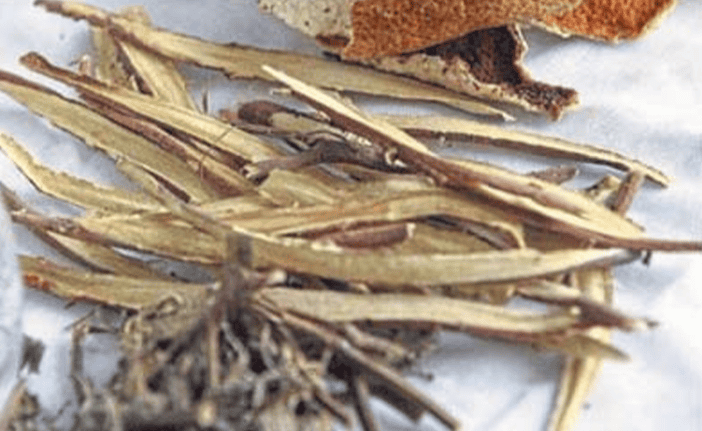Why no Pei Pa Koa ice cream?
RECENTLY, the Health Ministry announced that a local ice cream brand was banned from selling "Pei Pa Koa-flavoured ice cream", citing that mixing the Pei Pa Koa cough syrup with food products is prohibited under Section 13B(2) of the Food Act 1983. It is important to consult a healthcare professional before taking any medication, including herbal medicine. Pei Pa Koa, a seemingly ordinary and easily obtainable over-the-counter traditional Chinese cough medicine, contains licorice.
Licorice can have several effects on the body, especially when taken in large amounts. These include:
>Hormonal effects
Licorice contains glycyrrhizin, which can mimic the hormone aldosterone.
High levels of aldosterone can lead to fluid retention, hypertension (high blood pressure) and an imbalance of electrolytes in the body.
> Blood pressure issues
Glycyrrhizin can cause an increase in blood pressure by reducing potassium levels and increasing sodium levels in the body. High blood pressure during pregnancy can lead to complications such as preeclampsia.
>Preterm labour risk
Some studies suggest that consuming large amounts of licorice during pregnancy may increase the risk of preterm labour due to its effects on prostaglandin synthesis.
> Developmental issues
There is evidence suggesting that excessive licorice consumption during pregnancy might affect the cognitive development of the child.
It has been associated with lower intelligence and behavioural problems in children. This situation underscores the importance of consulting your healthcare professional before taking any medication, including herbal medicines, during pregnancy.
Always seek professional advice to ensure the health and safety of both mother and baby.

Licorice root is one of the ingredients in the Pei Pa Koa herbal remedy commonly used to manage coughs and sore throat. - Filepic

